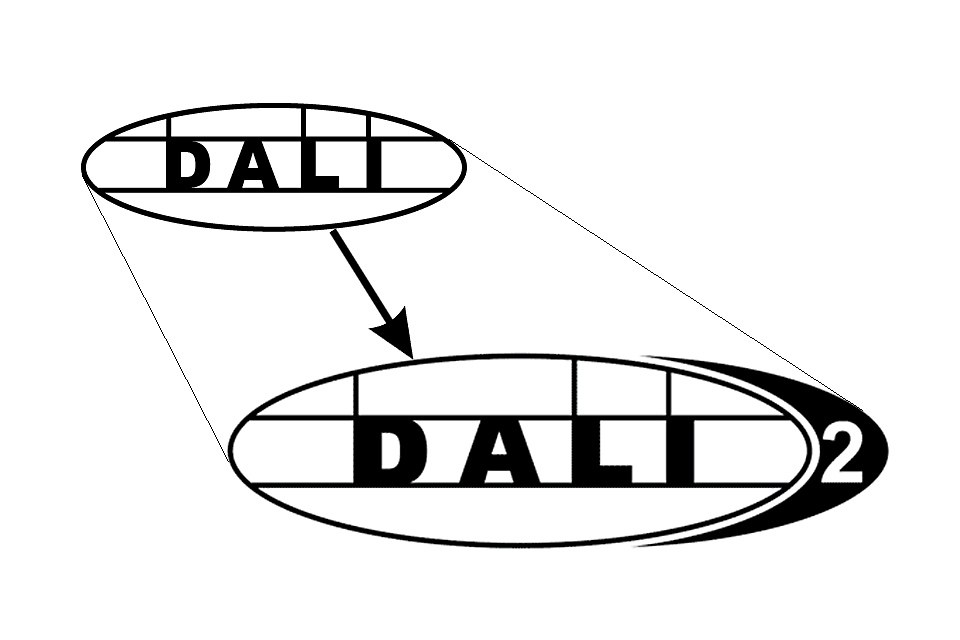DALI-2 Certification Launch Brings Improved Interoperability to DALI Lighting-Control Systems
The Digital Illumination Interface Alliance (DiiA), an open, global consortium of lighting companies that promotes the adoption of lighting-control systems using DALI technology, has launched its program for the certification of DALI-2 devices. DALI-2 certification brings the promise of significantly improved interoperability compared with current DALI devices in the market, thanks to comprehensive and detailed testing procedures. For each product, the DALI-2 test results are independently verified by DiiA before certification is granted.
“We are delighted to bring the benefits of DALI-2 certification to manufacturers, installers and end-users of DALI-based lighting systems,” says Ruud van Bokhorst, General Manager of DiiA. “The program is the result of a dedicated and ongoing collaborative effort by DiiA member companies, for the benefit of the whole industry.”
The program allows DiiA member companies to certify their DALI-2 products, starting with control gear such as LED drivers. DALI-2 certification also includes control devices, including application controllers, which are the “brains” of a DALI system, and input devices such as occupancy and light sensors. From the outset, it is possible to certify single-master application controllers.
DALI, or Digital Addressable Lighting Interface, is a dedicated protocol for lighting control that enables the easy installation of robust, scalable and flexible lighting networks. DALI is defined in IEC 62386, the international DALI standard, and DALI-2 certification is based on version 2 of IEC 62386, which includes control devices for the first time.
Certified products are eligible to carry the DALI-2 logo, and are all listed in the Product Database on the DiiA website (www.digitalilluminationinterface.org/products), alongside registered DALI version-1 products, which can carry the original DALI logo. DALI version-1 registration is based on self-declaration by the member company, and does not involve verification of the test results. In contrast, the DALI-2 certification process includes an independent verification step to check that all required tests have been carried out and that the product has passed successfully.
Initially, the DALI-2 certification program covers Parts 101 and 102 of IEC 62386, which define general requirements for system components and control gear respectively, along with Part 207, which defines requirements for control gear for LED modules. Also included is Part 103, allowing the certification of single-master application controllers, with multi-master application controllers to be added in the near future. Subsequent phases of DALI-2 certification will include Parts 301-304, covering different types of input devices, Part 209 covering control gear for colour control, and more.
DiiA members are provided with test sequences to enable both DALI-2 certification and DALI version-1 compliance testing. New and updated test sequences are provided to DiiA members on a regular basis. As an open, global organization, DiiA welcomes new members to take part in the DALI-2 certification program and to contribute to the further success of DALI in the global lighting market.
About DiiA:
The Digital Illumination Interface Alliance (DiiA) is an open, global consortium of lighting companies that aims to grow the market for lighting-control solutions based on Digital Addressable Lighting Interface (DALI) technology. DiiA was established in response to industry requests for an independently-verified DALI-2 certification program that covers the functionality specified in version 2 of the IEC 62386 family of international standards. DALI-2 certification brings the promise of significantly improved interoperability and additional functionality compared with current DALI systems in the market. DiiA is a member program of the IEEE Industry Standards and Technology Organization (ISTO).
For more information, see www.digitalilluminationinterface.org

